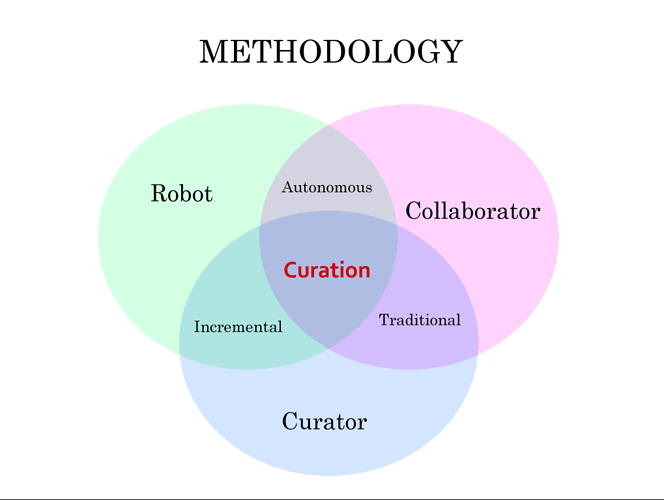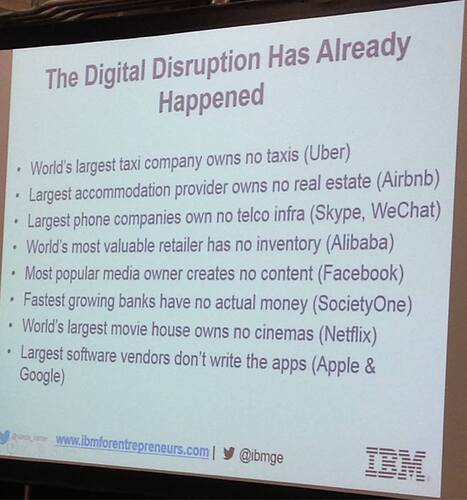Customer Review Platforms are said (by many philosophy experts) to be a new, efficient way of interaction between human beings. Maybe you’ve never thought this way, but it makes us more similar to how ants communicate, by leaving message trails that help us (or organizations) in decision making.
Old reviewing methods are too biased. Reports generated by managers to their superior directors on a company of course will always tend to show how their department got better in a certain period. Otherwise they would be fired.
Also, when put into a government or company perspective, when the goal is to review how a citizen or customer sees a service or product, it does not make sense in the current era we live in to offer customer service phone numbers. Neither Twitter or facebook customer messaging service. That individual, one to one service generates more frustration than benefits, because it does not scale. You can’t offer an efficient personal customer service to every resident of a city, neither to all of your company’s customers. It just doesn’t work. Even if your government or company had the biggest and most efficient customer call center, it still would leave a big part of the people insatisfied as the problem resides on the model, not on size or speed.
Recent practice of using Customer Review Platforms that are based on 1-5 stars method reviewing or just “like/dislike” are different by approach. Although users vote individually about a product or service quality (as a citizen or customer), the government or company is able to analyse the sum of all individual reviews at once. So decision making will be much more efficient as more people can be benefitted at once (rather than individually).
Also, by tracking the results over a period of time (by analysing customer review history), it would be possible to see which decisions brought the best results.
There is a great brazilian philosopher called Carlos Nepomuceno (who bases his research in the Toronto School ideas and in other philosophers like Marshall McLuhan and Pierre Levy). Nepomuceno’s methodology could be summarized with a simple chart that describes how such a Collaboration Platform should be designed:
The Collaborator is the user (customer or citizen) that reviews the items available in the platform (articles, products, services) by evaluating them with a rating: Stars from 1 to 5, or likes/dislikes.
The Curator is the government/company that makes the items (products/services) available in the platform to be reviewed (although in more advanced platforms this role can also be done by Collaborators). The main role of the Curator is to take decisions based on what the platform dashboards show about how an item is being perceived by the platform users (this way he can benefit the highest number of people in a given time).
The “Robot” is the algorythm: an app, desktop application, API, (smart contract, blockchain…) and everything else that is part of an automated, digital process. Its the “medium” through which all other platform participants will interact with it.
This constitutes what is commonly known as a 3.0 solution: a context where the physical presence of the owner/governant is not required to run the platform. It can be fully automated so decision is not be taken by a single human being, but by what is the will of majority of all other platform users (the people who are most interested in improving the services/products).
We can think of it this way: Imagine two workers. One is a cow milker. The other one is a beekeeper. Now, if both gets ill. What will happen? There is going to be lack of milk. But there is not going to be lack of honey!
What this means is that a 3.0 Collaboration Platform is self-suficient regarding its functioning. Services and products, as they go being evaluated by the users, rise in importance (and get more financial resources to be produced), or, otherwise, if having a bad evaluation, are deprecated.
You can think of it as a bad-reviewed UBER driver not being shown in first positions of a query by a person looking for a cab. The platform itself filters the good ones from the bad ones.
That being said, I would like to know your opinion about an idea for Tezos. Although the benefits of such platforms are indisputable, there can still be ill-intentioned acts towards manipulating results on reviews.
And, guess what, this is an area where blockchain offers the perfect solution: One cannot do this. So…
What do you think about building a reviewing system (or platform) consisting of a gateway to public a review and a dashboard to see the reviews as a summary, per period, in Tezos? We could have the following features:
- Deploy an item to be reviewed.
- Review an item (stars / like, dislike).
- See results (sum) by period.
The solution could have different pre-built front-ends so people could put them in web pages, phone apps, etc. Also, there could be pre-built dashboards or even APIs so people could see results in a beautiful, organized, graphical manner.
The main difference here is that data would be stored in a Tezos blockchain smart contract. To be able to vote (review) something, one should have a Tezos address (or at least the company offering the review app should have it). This way we would probably have less manipulation on results. Maybe the review should be charged, so it becomes costly for a company to manipulate results.
You may be thinking, “why the hell a company or government would pay to have its products/services reviewed by consumers/citizens?”. Well, they already do it for decades. Millions are spent in market research, so companies can deliver better products. In fact we could build something that would cost less to interested players.
If anyone from Tezos Community finds this viable and is interested in building such thing, let’s talk. I can’t do this alone, but if we work together we can make something huge.
I need to know , though, your opinions. Does it makes any sense?

